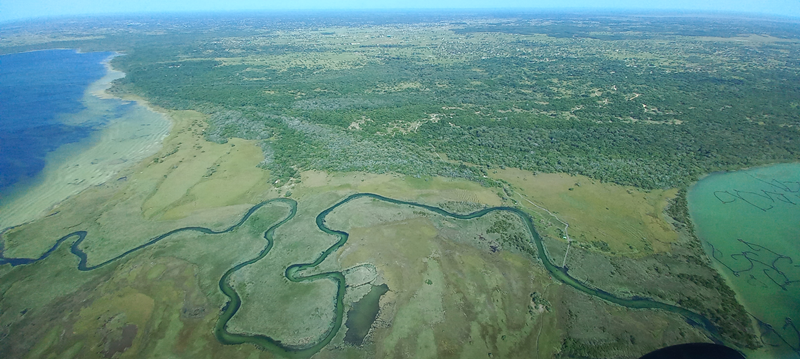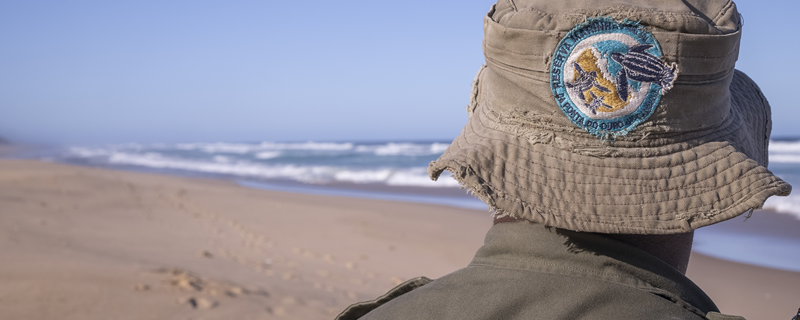The 10th annual meeting of the SADC Transfrontier Conservation Areas (TFCAs) Network is being hosted in Maputo, Mozambique, this week, where the progress made in advancing conservation regionally will be discussed.
It has been a decade since the Southern African Development Community (SADC) Secretariat hosted its first such meeting, bringing Member States, practitioners, and International Cooperating Partners (ICPs) together to develop a network for regional Transfrontier Conservation Area practitioners.
Since then, the network has grown in strength and membership, advancing transfrontier conservation as a land-use planning framework. It has been able to positively impact on sustainable natural resource management, socio-economic development and regional integration.
How the TFCAs are being supported
Currently there are 12 TFCAs across the region at various stages of development. The network has contributed to the evolution of TFCAs in the SADC region in various ways, including:
- The creation of an online platform for the network in a public portal.
- The 1st SADC TFCAs Symposium in 2016 with presentations from ICPs, Member States and implementing partners on co-management models and agreements.
- The creation of communities of practice for emerging issues.
The establishment of the SADC TFCA Financing Facility as a means of enabling more coordinated support across the landscape. - Support for the development of revised SADC TFCAs Programme 2023-2033 and several guidelines, toolkits and studies to support various aspects of TFCA development.
- The projection of SADC TFCAs into the international arena through hosted events and pavilions at various tourism fairs, Convention on International Trade in Endangered Species of Wild Fauna and Flora (CITES) Conference of the Parties, The Convention on Biological Diversity COPs, International Union for the Conservation of Nature IUCN Congresses, etc.
- The organisation of training/exchange trips and opportunities for Member States officials & community members through the network
- The continued facilitation of partnerships between government, NGOs, communities and donors.
The German government, both through its technical cooperation (GIZ) and its financial cooperation (KfW), has been a consistent partner of SADC and TFCAs in the past decade, with new partners involved at a regional scale such as the USAID and the European Union.

International and regional NGOs have become more involved in supporting the Member States and the TFCA’s governance system through operational support and partnerships, such as African Parks, the French agricultural research and cooperation organization – CIRAD, Conserve Global, UN Food and Agricultural Organisation, Frankfurt Zoological Society, IUCN, Peace Parks Foundation, and the World Wildlife Foundation,
A knowledge sharing opportunity
Steve Collins, SADC TFCA Network Coordinator, says, “During the session in Maputo, TFCA Focal Points from each Member States will have the opportunity to discuss the updates provided on each TFCA. The SADC Secretariat will also provide feedback on its activities and engagements to foster transfrontier conservation, while new funding opportunities will be presented and explained by the different International Cooperating Partners. Further, independent projects and action research activities will present their work and progress.”
“The event, which will also be in hybrid format, will be packed with opportunities for knowledge creation, cross-thematic and transboundary learning. Such is its importance that it has drawn the attention of other sectors operating at transboundary scale, such as shared river basins and water sources.”
The five-day event is hosted by the National Agency for Conservation Areas of Mozambique, and will begin with a field visit to the newly established Maputo National Park, part of the Lubombo Transfrontier Conservation Area.
Cover image: A marine ranger turtle monitoring at Ponta do Ouro, a partial marine reserve in Mozambique. Image Rowan Pybu.







